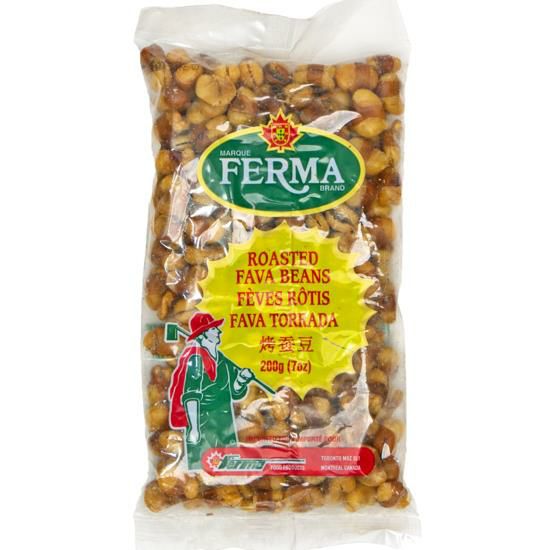Blushing Blonde Recipe

Blushing Blonde (23 Litres)
Adding berries to beer is a traditional brewing method, dating back centuries. Your favourite berries in the supermarket frozen section, may be added to a brew, imparting delicious aromas, flavours and a little bit of colour. Presenting in a similar way to a blush sparkling wine, it looks great served in a champagne flute! This recipe is for the more adventurous brewer, looking for flavours and aromas, not normally linked with beer. Expect the yeast to ferment the natural berry sugars as normal, with Brew Enhancer 1 contributing body to the brew.
Ingredients
- 1.7kg Canadian Blonde
- 1kg Coopers Brew Enhancer 1
- 500g Frozen Berries (of your choice)
- Dextrose Corn Sugar
Features:
- Colour: Copper
- Body: Medium
- Bitterness: Medium
- Alcohol Content: Mid Strength
- Approx. Alcohol Level: 4.4%
- Naturally Carbonated: Natural
Instructions:

STEP 1: Mix
Mix Canadian Blonde and Brew Enhancer 1 in the fermenter with 2 litres of hot- water, fill with cool water to 23 litres and stir.
Sprinkle supplied yeast over the wort surface. Ferment temperature should be as close to 21C as possible.
After a day, enclose the frozen berries in a mesh bag* and add to the top of the brew.
Allow to ferment for at least 10 days and bottle once the specific gravity is stable over 2 days.
A new disposable cleaning cloth, pulled straight out of the wrapper, may be used as a throw away mesh bag.
Simply place the berries in the middle of the cloth and tie the diagonal corners to contain the berries.

STEP 2: Brew
Ferment temperature should be as close to 21C as possible.
After a day, enclose the frozen berries in a mesh bag* and add to the top of the brew.
Allow to ferment for at least 10 days and bottle once the specific gravity is stable over 2 days.
* A new disposable cleaning cloth, pulled straight out of the packet, may be used as a throw away mesh bag. Simply place the berries in the middle of the cloth and tie the diagonal corners to contain the berries.

STEP 3: Bottle
We recommend the use of PET bottles or reusable glass bottles designed for storing beer.Bottles need to be primed so that secondary fermentation (producing the gas in the bottle) can take place.
Prime at the normal rate (8g/l), 2 carbonation drops per 740/750ml bottle.





Leave a comment